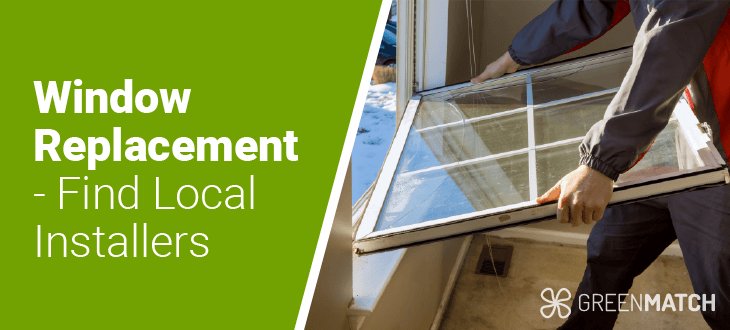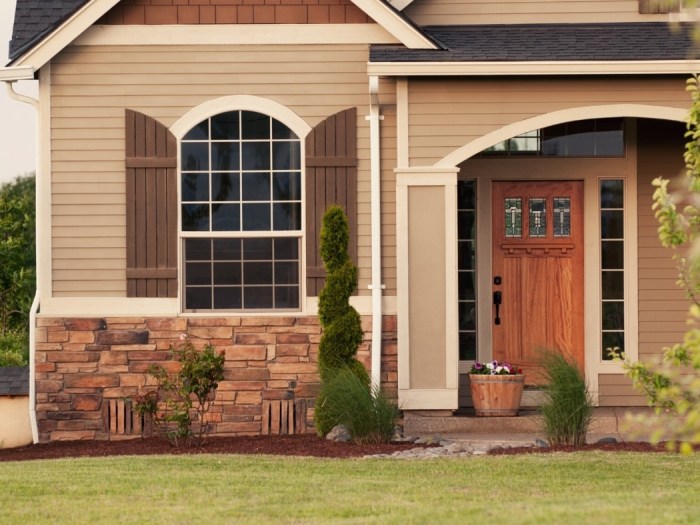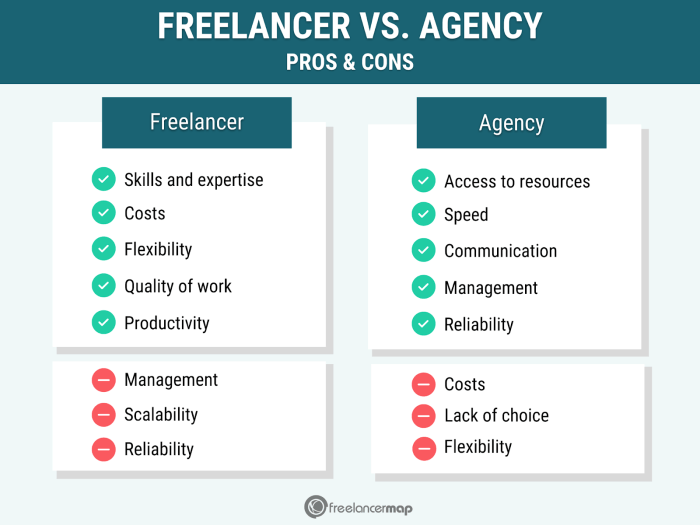Window Replacement Near Me: What Homeowners Need to Know Before Buying
Exploring the world of window replacement near you, this article dives into key considerations homeowners should keep in mind before making a purchase. Get ready for an enlightening journey filled with valuable insights and tips.
The following paragraphs will provide essential information to guide you through the process of choosing the right replacement windows for your home.
Importance of Window Replacement Near Me
When it comes to replacing windows in your home, considering local options for window replacement is crucial for a variety of reasons. Choosing a nearby window replacement service can offer numerous benefits and significantly impact the overall experience and outcome of the replacement process.
Convenience and Accessibility
- Having a window replacement service near you means easier access to their showroom, allowing you to view different window options in person.
- Local companies can provide quicker response times and easier communication, making the entire process more convenient.
Knowledge of Local Regulations
- Local window replacement services are likely well-versed in the specific regulations and building codes of your area, ensuring compliance with local requirements.
- They can also provide guidance on energy efficiency standards and rebate programs that are specific to your region.
Personalized Service and Attention
- Choosing a nearby service means you may receive more personalized attention and recommendations tailored to your home's specific needs and style.
- Local businesses often prioritize customer satisfaction and referrals, leading to a higher level of service quality.
Factors to Consider Before Buying
When considering purchasing new windows for your home, there are several key factors that homeowners should take into account to ensure they make the best choice for their specific needs.
Types of Window Materials and Climate Suitability
- Wood: Known for its classic look and insulating properties, wood windows are best suited for moderate climates where temperature changes are not extreme.
- Vinyl: Low maintenance and cost-effective, vinyl windows are ideal for areas with high humidity or frequent temperature fluctuations.
- Aluminum: Durable and lightweight, aluminum windows are great for coastal regions or places with salty air as they are resistant to corrosion.
- Fiberglass: Offering excellent strength and insulation, fiberglass windows are suitable for harsh climates with extreme temperature variations.
Importance of Energy Efficiency Ratings
Energy efficiency is a crucial factor to consider when choosing replacement windows as it can significantly impact your home's comfort and energy bills. Look for windows with high energy star ratings as they are designed to minimize heat loss and reduce energy consumption.
Choosing the Right Window Replacement Company

Finding the right window replacement company is crucial to ensure a smooth and successful installation process. Here are some key points to consider when selecting a reputable company:
Research and Selection Process
Before making a decision, conduct thorough research on various window replacement companies in your area. Look for companies with a solid reputation and years of experience in the industry.
Evaluating Customer Reviews and Testimonials
Customer reviews and testimonials can provide valuable insights into the quality of service offered by a window replacement company. Pay close attention to feedback regarding installation efficiency, product quality, and overall customer satisfaction.
Checking Licenses, Insurance, and Warranties
It is essential to verify that the window replacement company you choose holds the necessary licenses and insurance. This ensures that they meet industry standards and regulations. Additionally, inquire about the warranties offered for their products and services to guarantee long-term protection and peace of mind.
Budgeting and Cost Considerations
When it comes to window replacement, budgeting and cost considerations play a crucial role in the decision-making process for homeowners. Understanding the typical costs associated with window replacement, exploring financing options, and finding a balance between cost and quality are essential factors to consider.
Typical Costs of Window Replacement
- The average cost of window replacement can vary depending on factors such as the size of the windows, the type of material used, and the complexity of the installation.
- On average, homeowners can expect to pay anywhere from $300 to $1,000 per window for standard vinyl replacement windows.
- For higher-end options such as wood or fiberglass windows, prices can range from $800 to $2,000 per window.
- Additional costs may include labor fees, permits, and any necessary repairs or modifications to the window frame.
Financing Options for Window Replacement
- Homeowners have several financing options available to help cover the costs of window replacement, including personal loans, home equity loans, and financing through the window replacement company.
- Some window replacement companies offer financing plans with low or no interest rates for qualified homeowners, making it easier to afford the upfront costs.
- It's important to compare different financing options, consider the interest rates and terms, and choose the option that best fits your budget and financial situation.
Balancing Cost with Quality
- While it's tempting to opt for the lowest-priced windows to save money, it's essential to balance cost with quality to ensure long-term durability and energy efficiency.
- Investing in higher-quality windows may come with a higher upfront cost, but it can result in energy savings over time and greater overall value for your home.
- Consider factors such as energy efficiency ratings, warranties, and durability when choosing replacement windows to ensure you get the best value for your budget.
Scheduling and Timing
When it comes to scheduling window replacement, timing is crucial to ensure a smooth and efficient process. Planning ahead can help homeowners avoid potential disruptions and ensure that the project is completed in a timely manner.
Choosing the Right Time of Year
It is recommended to schedule window replacement during the milder seasons, such as spring or fall, when the weather is more predictable and conducive to construction work. Extreme temperatures can affect the installation process and the performance of the new windows.
Additionally, consider scheduling the project during a time when you can be present to oversee the work and address any issues that may arise.
Planning for Disruption
- Inform your family members or neighbors about the scheduled replacement to minimize inconvenience.
- Make arrangements for pets, children, and sensitive items to ensure their safety during the construction process.
- Consider setting up a temporary living space or alternative accommodations if necessary.
Average Timeline and Factors Affecting It
The average timeline for a window replacement project can vary depending on factors such as the number of windows being replaced, the complexity of the installation, and any unexpected issues that may arise. Generally, a typical window replacement project can take anywhere from a few days to a couple of weeks to complete.
Factors that can affect the timeline include the size and type of windows, the need for custom orders, weather conditions, and the availability of the installation team. It is important to discuss the estimated timeline with the window replacement company and plan accordingly to minimize any disruptions to your daily routine.
Maintenance and Care Tips
Regular maintenance is essential to ensure the longevity and optimal performance of your newly replaced windows. By following some simple care tips, you can prolong the lifespan of your windows and address any common issues that may arise.
Cleaning and Maintenance
- Regularly clean the glass and frames of your windows with a mild detergent solution and a soft cloth to remove dirt and grime.
- Inspect the weatherstripping and seals for any signs of wear or damage, and replace them if necessary to prevent drafts and energy loss.
- Lubricate the moving parts of your windows, such as hinges and locks, with a silicone-based lubricant to ensure smooth operation.
- Check for any signs of condensation or fogging between the panes of glass, which may indicate a broken seal that needs to be addressed.
Addressing Common Issues
- If you notice drafts or air leaks around your windows, consider adding weatherstripping or caulking to seal any gaps and improve energy efficiency.
- In case of difficulty in opening or closing your windows, check for debris or obstructions in the tracks and clean them thoroughly to restore proper function.
- If your windows are showing signs of moisture damage or rot, it may be necessary to repair or replace the affected areas to prevent further deterioration.
Optimizing Performance
- Regularly inspect and clean your windows to prevent the buildup of dirt and debris that can affect their operation and efficiency.
- Consider installing window coverings or treatments to protect your windows from excessive sun exposure and minimize the risk of fading or damage.
- Monitor the operation of your windows and address any issues promptly to prevent more significant problems and ensure their continued performance.
Final Summary
As we reach the end of our discussion on window replacement, remember that informed decisions lead to successful outcomes. Stay empowered and make the best choices for your home.
Questions and Answers
Question?
Answer
Question?
Answer
Question?
Answer
Question?
Answer




